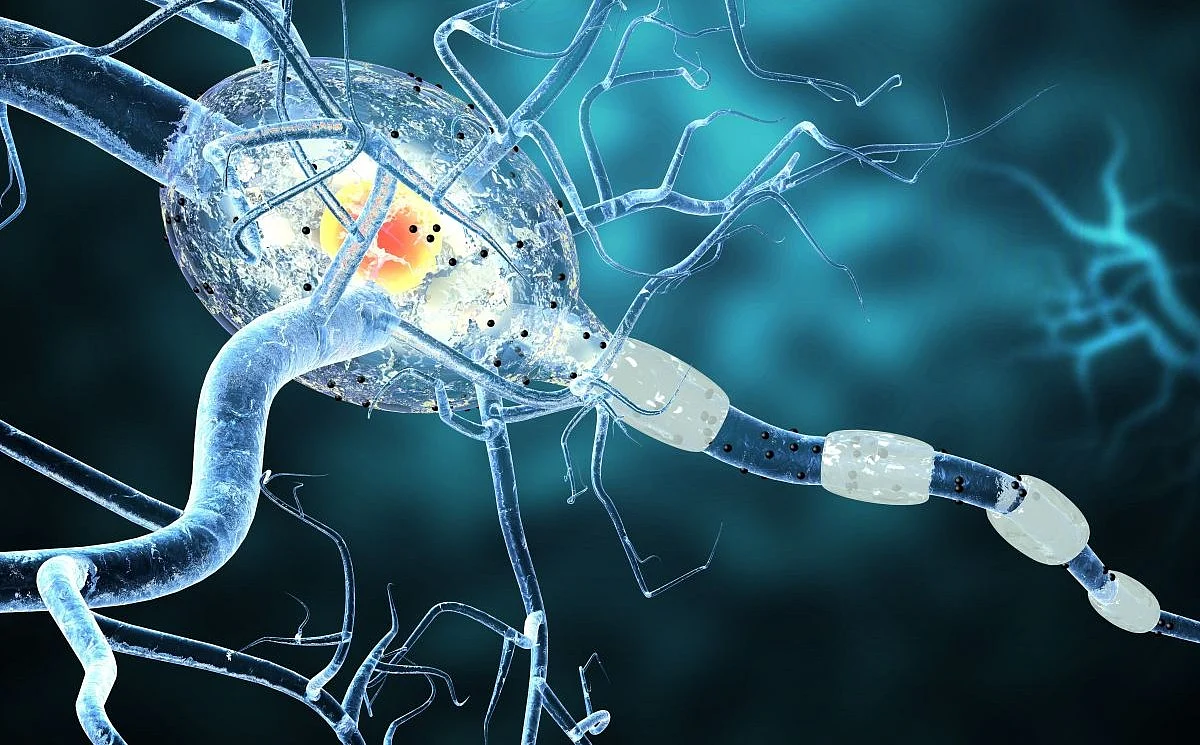Women With MS Less Likely Than Men to Receive Disease-Modifying Therapies
THURSDAY, July 31, 2025 -- Women with multiple sclerosis (MS) are less likely to receive disease-modifying therapies (DMTs) than men, according to a study published online July 30 in Neurology.
Antoine Gavoille, M.D., from Hospices Civils de Lyon in Bron, France, and colleagues conducted a retrospective cohort study involving 22,657 patients with a relapsing-remitting MS onset between 18 and 40 years to examine potential therapeutic inertia in women.
The researchers found that women were significantly less likely to receive a DMT (odds ratio, 0.92) or a highly effective DMT (HEDMT; odds ratio, 0.80). The difference became apparent at two years and one year after disease onset for DMTs and HEDMTs, respectively, with no significant difference observed by patient age. Throughout their entire period of availability, teriflunomide, sphingosine-1-phosphate receptor modulators, and anti-CD20s were significantly underused in women; interferon β and natalizumab were used less initially and then used equally; and glatiramer acetate and fumarates were used equally at first and then used more frequently in women. In analysis of 5,268 women from the first childbirth, the proportion of treated women began to decline 18 months before childbirth, from 42.6 percent to 27.9 percent at the estimated time of conception.
"Anticipation of pregnancy was probably an important factor in this difference between women and men with MS, but there could also be a reluctance to use these treatments when they may actually be the best way to manage the disease and delay disability," coauthor Sandra Vukusic, M.D., Ph.D., from the University of Lyon in France, said in a statement.
Several authors disclosed ties to the biopharmaceutical industry.
Abstract/Full Text (subscription or payment may be required)
Editorial (subscription or payment may be required)
Disclaimer: Statistical data in medical articles provide general trends and do not pertain to individuals. Individual factors can vary greatly. Always seek personalized medical advice for individual healthcare decisions.
© 2025 HealthDay. All rights reserved.
Read this next
Industry Payments Common Among Neurologists Prescribing MS Drugs
FRIDAY, Sept. 5, 2025 -- Nearly 80 percent of neurologists prescribing multiple sclerosis (MS) drugs receive payments from industry, according to a study published online Aug. 26...
Autoimmune Diseases Linked to Digestive System Cancers
FRIDAY, Aug. 15, 2025 -- Autoimmune diseases are associated with certain digestive system cancers, according to a review published in the September issue of...
Broader Formulary Coverage Linked to Lower Odds of MS Relapse
FRIDAY, Aug. 8, 2025 -- Broader formulary coverage is associated with lower odds of multiple sclerosis (MS) relapse among Medicare beneficiaries, according to a study published...
More news resources
- FDA Medwatch Drug Alerts
- Daily MedNews
- News for Health Professionals
- New Drug Approvals
- New Drug Applications
- Drug Shortages
- Clinical Trial Results
- Generic Drug Approvals
Subscribe to our newsletter
Whatever your topic of interest, subscribe to our newsletters to get the best of Drugs.com in your inbox.


